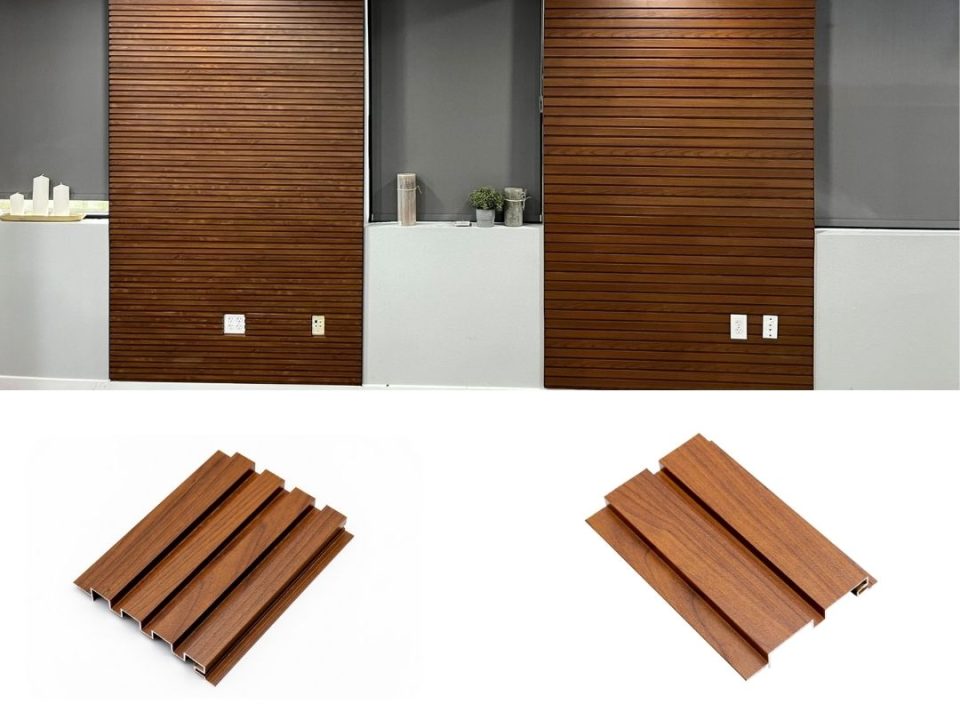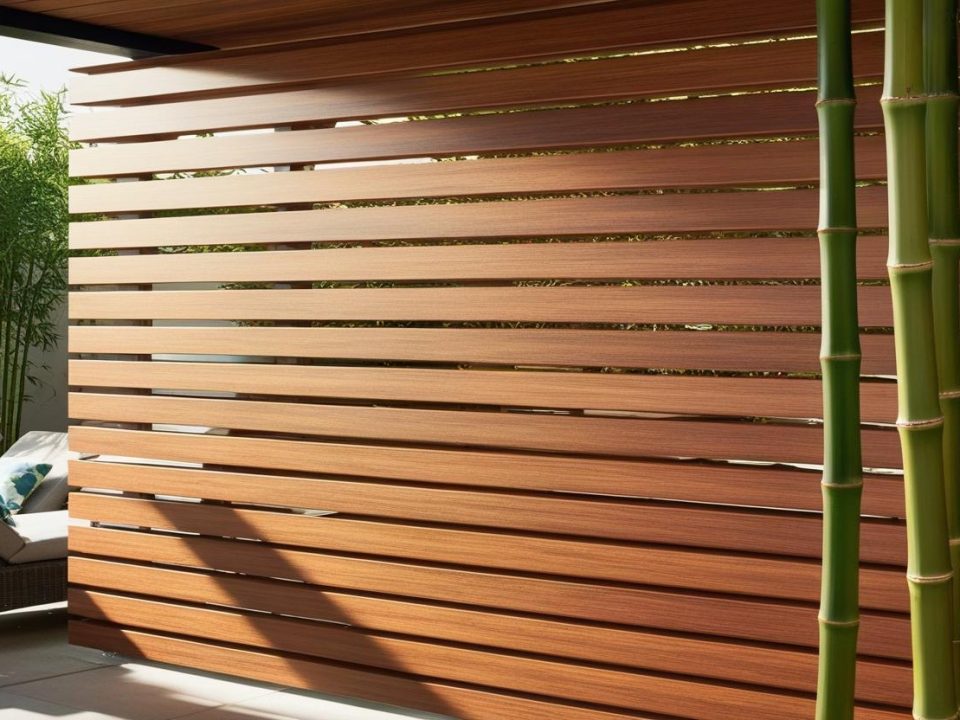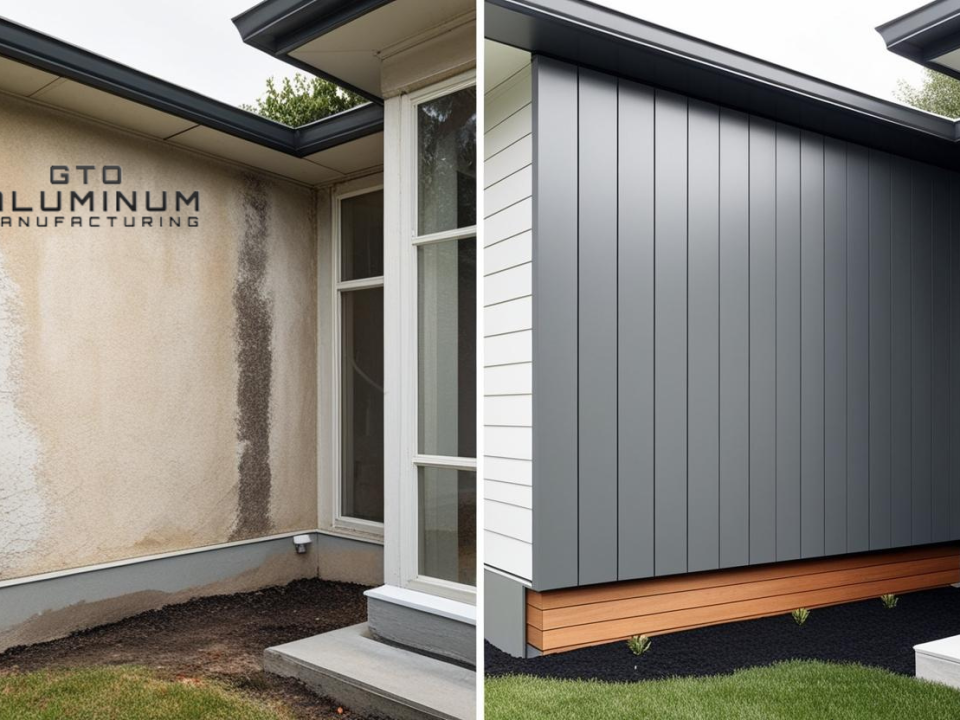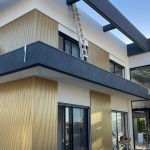
Does Aluminum Cladding Get Hot?
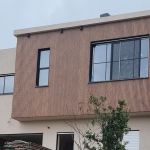
What is the difference between steel and aluminum cladding?

If you’re on the hunt for information on which grade of aluminum is best suited for your cladding needs, you’ve landed in the perfect spot.
In this blog post, we’ll break down the specifics of aluminum grades used in cladding, ensuring you have all the knowledge at your fingertips. Let’s dive right in!
Introduction to Aluminum Cladding
Aluminum cladding is a favored material in the construction industry, known for its durability, flexibility, and aesthetic versatility.
It’s used extensively to protect and enhance the exterior of buildings, offering a modern and sleek look while shielding the structure from environmental elements.
However, not all cladding is created equal. The grade of aluminum used significantly impacts the cladding’s quality, performance, and appearance.
Understanding these differences is crucial for anyone involved in building design and construction.
Understanding Aluminum Grades
Before we delve into the specific grades used in cladding, let’s clarify what we mean by “aluminum grades.”
Aluminum is mixed with other elements to form alloys, which enhance its strength, durability, and other properties.
These alloys are categorized into different grades, each suited to various applications.
The grade of aluminum is determined by its alloy composition, which influences factors such as strength, corrosion resistance, and workability.
Knowing the right grade for your project is essential to ensure longevity and effectiveness.
Popular Grades for Aluminum Cladding
Regarding aluminum, several grades stand out due to their suitability for exterior building applications.
The most common grades used are 3003, 5052, and 6061. Each of these aluminum grades has its unique properties and advantages.
3003 is known for its excellent corrosion resistance and workability, making it a great choice for areas with harsh weather conditions.
5052 offers even greater corrosion resistance and higher strength, ideal for marine environments.
6061 is renowned for its structural strength and versatility, though it’s typically used where higher strength is required.
Advantages of Using Aluminum Cladding Panels
Aluminum cladding panels offer numerous benefits beyond just their aesthetic appeal.
They are lightweight, reduce the building structure’s load, and provide excellent durability and resistance to weathering, corrosion, and UV rays.
Moreover, aluminum panels are low maintenance and can be easily cleaned, ensuring that buildings retain their attractive appearance over time.
They also come in various finishes and colors, allowing for complete customization to match any architectural style.
Factors to Consider When Choosing Aluminum Grades
Selecting the right grade of aluminum for your cladding project involves considering several factors.
These include the climate of the building location, the building’s architectural design, the desired aesthetic, and, of course, the budget.
Each aluminum grade has its cost implications and performance characteristics.
Therefore, it’s important to balance these elements to find the most suitable grade that meets your project’s requirements without breaking the bank.
Installation and Maintenance of Aluminum Cladding
Proper installation and maintenance are key to maximizing the lifespan and appearance of aluminum cladding.
Although aluminum is known for its durability, incorrect installation can lead to issues such as water infiltration and aesthetic flaws.
Regular maintenance, though minimal, is necessary to keep the cladding looking its best.
This typically involves routine cleaning to remove dirt and debris and periodic inspections to check for any damage or wear.
Environmental Considerations
Aluminum cladding is not only beneficial for buildings but also for the environment.
Aluminum is a sustainable material, as it is 100% recyclable without loss of quality.
Using aluminum can contribute to a building’s overall energy efficiency, thanks to its excellent thermal performance.
By choosing aluminum, you’re making an environmentally friendly choice that can help reduce the carbon footprint of your construction project.
Conclusion
Deciding on the right grade of aluminum for your cladding project can be daunting, but you don’t have to do it alone.
At GTO Aluminum, we specialize in providing high-quality aluminum cladding solutions tailored to your unique needs and preferences.
Our team of experts is here to guide you through the selection process, ensuring that you choose the most suitable aluminum grade for your project.
We offer a wide range of aluminum cladding panels, along with customization options to fulfill your architectural vision.
With GTO Aluminum, you can expect top-notch quality, durability, and customer service.
Whether you’re planning a new construction or updating an existing building, let us help you make your project a success.
Contact GTO Aluminum today to explore how our aluminum cladding solutions can enhance the beauty and functionality of your building.


